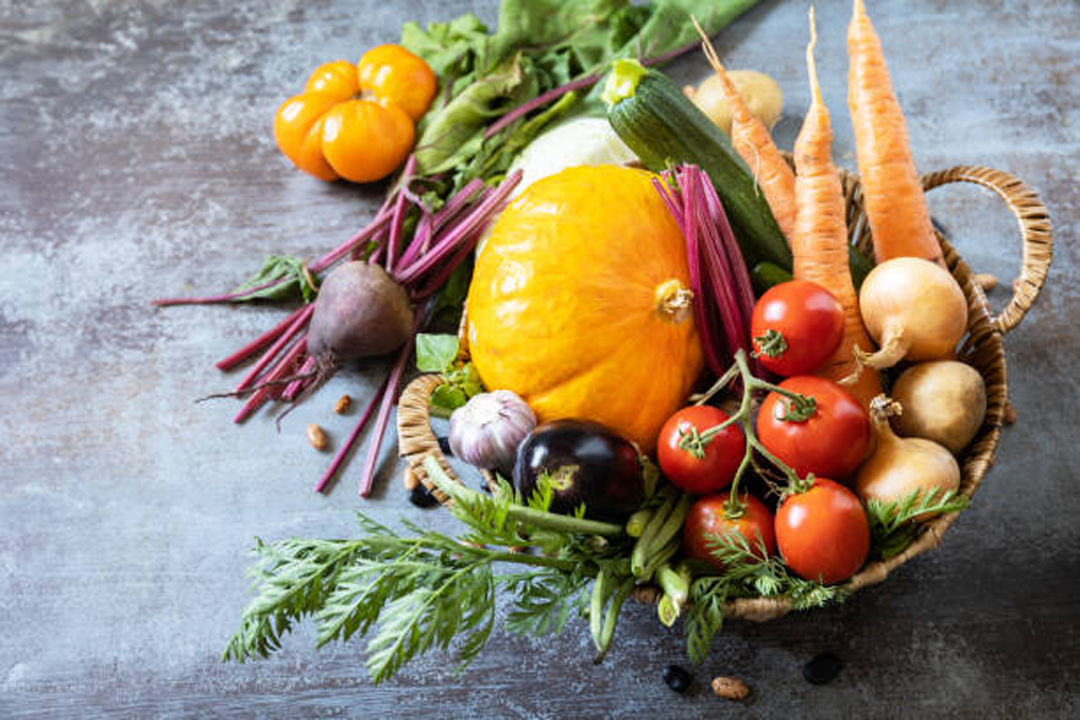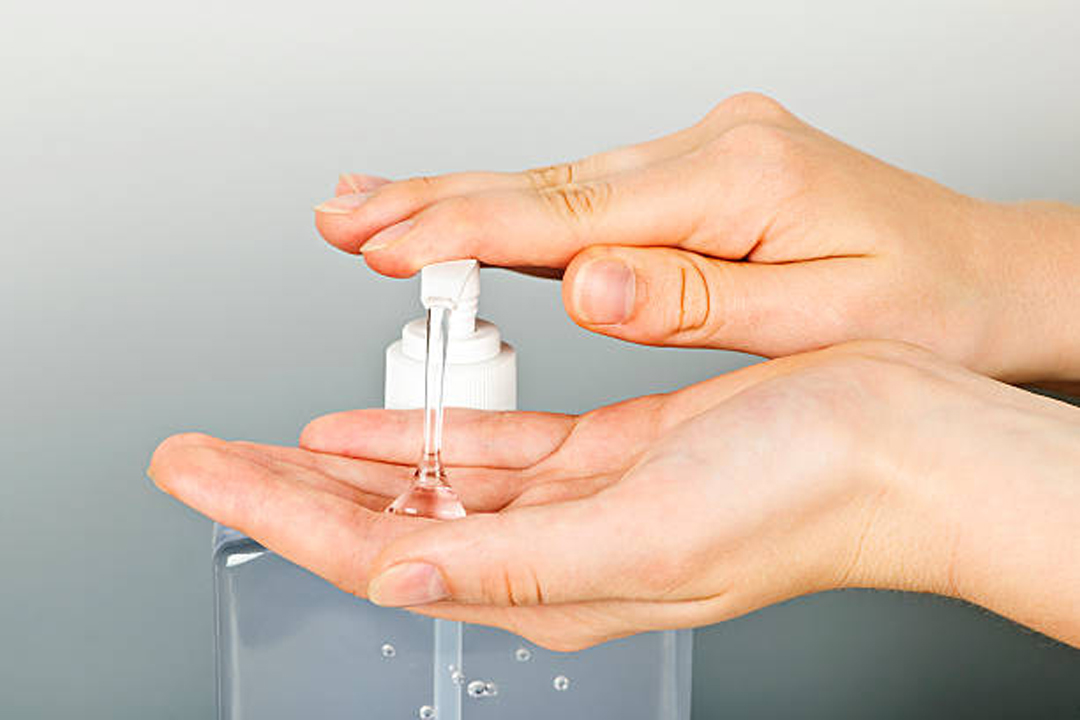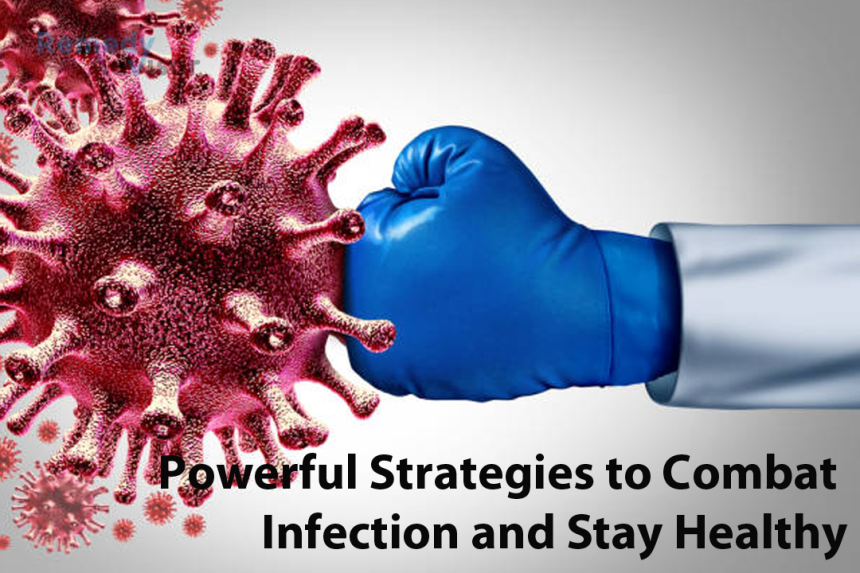Adding almonds to your daily diet can help boost your immune system and prevent viral infections. A chemical found in almond shells has been found to help white blood cells find and stop the spread of viruses. To reap the benefits, it is important to eat almonds with their skins on. Keeping warm, especially your extremities can also help prevent illnesses. Cold extremities can lower the number of white blood cells, which are crucial for the immune system.
Soy-based foods like soy milk and tofu have been found to help fight against the protozoan Giardia, while vegetables like garlic and onions contain antiviral ingredients that can prevent sickness. It is important to finish the full course of antibiotics to prevent the growth of antibiotic-resistant bacteria. By taking these precautions, we can help strengthen our immune system and safeguard our health.
Strengthen with almonds
Adding almonds to your everyday diet could help you avoid getting sick from a virus. In particular, Italian scientists who studied the herpes viruses that cause cold sores found that a chemical in almond shells can help white blood cells find viruses and even stop a virus from spreading across the body. To get these benefits, it is vital to eat almonds with their skins on. Adding a handful of almonds, about 3oz (85g), to your morning cereal or eating them as a snack during the day is a simple and tasty approach to boost your immune system and keep viruses away. By adding almonds to your diet, you may take care of your health and well-being in a proactive way.
Keep warm and healthy
Keeping warm, especially your extremities might help you stay healthy and avoid illnesses. A study of 90 people discovered that if their feet were chilly, they were more likely to catch a cold. Half of the people in the study put their feet in a bowl of cold water for 20 minutes, whereas the other half put their feet in a bowl with no water for the same amount of time. Five days later, 20% of the people with cold feet had colds, but only 9% of the people whose feet had kept warm did. It is thought that cold extremities can lower the number of white blood cells, which are the initial line of protection for the immune system. Because of this, it’s crucial to keep your body warm, especially your extremities, to help your immune system and lower your risk of being sick. By being warm, you can assist your immune system work as well as it can.
Soy is a good anti-Giardia measure
Giardia is a type of protozoan that can make you throw up and have diarrhea. Children are more likely to get this infection than adults. Giardia is abundant in tropical countries, but it can also be found in streams, lakes, rivers, and other places with bad sanitation in temperate countries. But study has shown that soy has chemicals called saponins that can fight many protozoa that cause sickness. People who live in high-risk areas could be protected from this unpleasant and debilitating gastrointestinal infection by eating more soy-based foods like soy milk and tofu. You might be able to strengthen your immune system and lower your risk of getting Giardia if you eat meals made with soy.
Fight infection with vegetables

Adding garlic and onions to soups, stews, and other recipes is a great method to strengthen your immune system and make you less likely to get sick. There are powerful antiviral ingredients in these foods that can help keep you from getting sick. There are also many more veggies, like carrots and sweet potatoes, that can help you fight infections. These veggies have a lot of beta carotene, which can reduce inflammation and speed up the production of white blood cells. By eating these foods, you can help your immune system and improve your health and well-being as a whole. Additional powerful allies comprise:
- Chile peppers work rapidly to tinny nasal mucus.
- Shiitake mushrooms help white blood cell manufacture.
- Ginger counteracts inflammation.
- Goji berries (available in dried form) also boost white cell production.
Keep going when you’re winning
Antibiotic-resistant microorganisms are getting worse every year, which is a worrying trend. Even if you feel better before the antibiotics are done, it’s important to finish the whole course. If the whole course of antibiotics isn’t taken, the infection might not be fully treated, and a resistant strain of bacteria might be able to grow. This is why it’s important to only use antibiotics when you need to and to use them as little as possible. The more antibiotics that are taken, the more likely it is that bacteria will change their DNA to become resistant. By being careful when we use antibiotics and following the rules, we may help stop bacteria from becoming resistant to antibiotics and safeguard our health.
Run hot cycle in washing
Even if your clothes look clean, they may still have germs and bacteria that are bad for you. It’s vital to keep in mind that many germs may live in a washing machine, even at 82°C (179°F). Also, flu viruses can live in temperatures up to 212°F (100°C), which is significantly hotter. To make sure your clothes are clean and stop germs from spreading, you should run your washing machine on a full hot cycle with bleach. By taking this easy precaution, you may help get rid of hazardous bacteria and viruses on your clothes and make the environment cleaner and healthier.
Meticulous cleaning
Even if there are many new cleaning products on the market, it’s vital to remember that the best approach to get rid of bacteria and viruses is to wash your hands with soap and water. Even if various cleaning products have been made, soap and water are still the best way to clean your hands. If you wash your hands for at least 20 seconds with soap and water, you can get rid of germs and lower your chance of getting sick. As a first line of defense against hazardous bacteria and viruses, it’s always a good idea to wash your hands with soap and water. Follow these simple guidelines:
- Put soap on both sides of your hands.
- Put your hands together and rub them together hard for at least 20 seconds, being sure to clean all parts of your hands well. Studies have revealed that right-handed people tend to wash their left hands better than their right hands. So, make sure to clean all parts of both hands carefully.
- Use soap and a small brush to scrub beneath and around your nails. It’s also a good idea to take off your rings and other jewelry before washing your hands, since bacteria can hide there. By doing these easy actions, you can make sure your hands are clean and clear of bacteria and viruses that might make you sick.
Get appropriate gel

When using an alcohol-based gel to clean your hands, you should verify the ingredients to be sure it kills bacteria. For the gel to work, it needs to have at least 60% alcohol in it. So, before you use the product, it’s necessary to read the label attentively. If you can’t wash your hands or aren’t in a place where you can, an alcohol-based hand-cleansing gel can be a useful solution to keep your hands clean. But it’s crucial to use a product with the right amount of alcohol to make sure it kills germs and bacteria that are bad for you. By taking these steps and utilizing things the right way, you may help stop the spread of illness and improve your health.
If you’re a woman, wash more
Studies have revealed that women are more likely than males to carry over 150 different types of bacteria on their hands. This makes it especially important for women to wash their hands well. This is because men’s skin seems to be more acidic, which makes it hard for bacteria to develop. Because of this, ladies need to take extra steps to make sure they have clean hands and don’t transfer hazardous bacteria and viruses. By doing what was said above about washing hands, women can help lower the risk of getting sick and improve their health.







